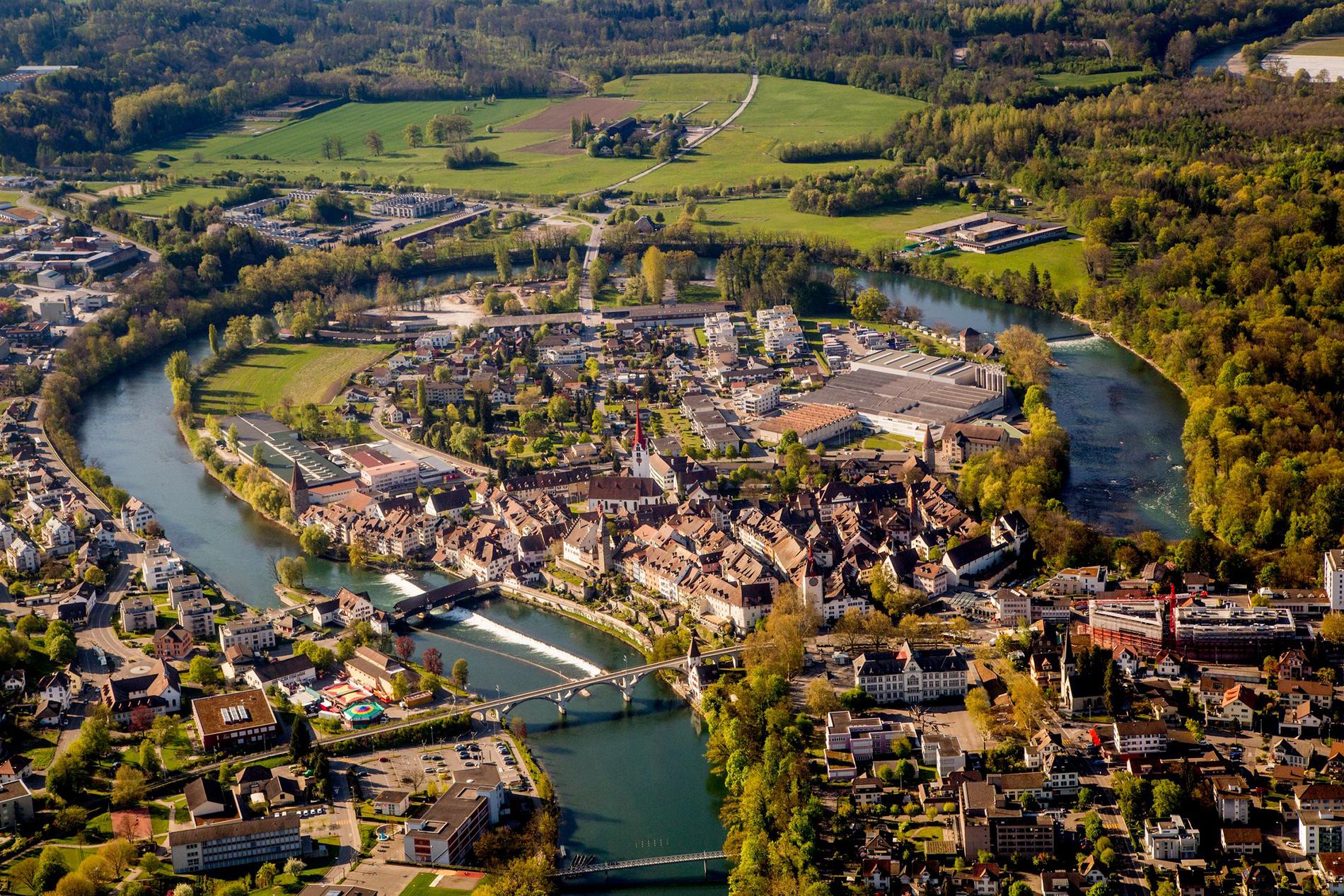Project portraits now online

Information on all research projects is now available on the NRP 81 "Baukultur" website.
Building culture is multi-layered. This is also demonstrated by the 13 projects brought together in the National Research Programme "Baukultur" (NRP 81). Bio-based building materials are being investigated, as are cantonal roads as public spaces. The spectrum ranges from building culture education in childhood to the effects of changing burial practices. The short portraits of the projects provide an interesting insight into the content, aims and methods of the individual research teams. These are now available for you on the website:
Baukultur in the context of displacement: new paths for sustainable accommodation
Many refugee shelters contribute to the marginalisation of their inhabitants. The project explores how more sustainable planning and design can enhance the inclusive coexistence of refugees and local populations.
Infrastructural Baukultur: Passage-Paysages
Roads in Swiss cities are key to new mobility and better public spaces. Their transformation into versatile, green infrastructures blends building culture with ecological and social transformation of urban and landscape spaces.
Baukultur in rural areas: developing services of general interest together
The project combines Baukultur with services of general interest in rural areas to secure public services and ensure the long-term usability of historically valuable buildings through joint strategies.
Reload. Rethinking architectural practices within the existing building
The project will develop an innovative approach and appropriate renovation processes to better reconcile the management of existing buildings with social and environmental objectives, and to create harmony between the requirements of sustainability and the requirements Baukultur.
QUALISCAPES – Assessing tipping points in Baukultur qualities
Globalisation has eroded Baukultur, harming people's sense of place. QUALISCAPES identifies tip-ping points in Baukultur qualities and uses 3D virtual technologies in co-creation projects to empower communities, fostering high-quality Baukultur that enhances a sense of place.
Funerary Lives
In the face of ecological and social changes, our funerary practices are evolving. The "Funerary Lives" project explores how these transformations are influencing the environment, the notion of community and the rituals of mourning, while rethinking the funerary landscapes of tomorrow.
Implementing Bio-regional circular construction economy – Towards a New vernacular
The project promotes bio-based, geo-based and reused materials to meet net-zero targets and support local economies. Through stakeholder co-creation, it will overcome barriers and drive sustainable building practices.
Cultural Heritage needs Continuous Care
We address maintenance issues, focusing on public art and on buildings with cultural significance and their decorated surfaces. Working with experts, owners and users, we develop guidelines to preserve the common heritage via collective involvement.
Soft densification instead of redevelopment
The project explores sustainable methods to transform the urban environment in Switzerland. Innovative strategies for soft densification aim to harmonise ecological and social sustainability in urban planning and architecture.
Transformation of rural life in the Mittelland
The project investigates the evolution of rural life and farm Baukultur on the Swiss Plateau since the 20th century, proposing adaptation strategies related to contemporary socio-economic and climate challenges.
Building together: Baukultur from the perspective of children and young people
Children and young people experience and shape Baukultur now and in the future. A research-based handbook, a gamified toolbox and a BauKulturLabor make their ideas for a sustainable environment visible.
Shaping Baukultur: value-based and participatory
The project is developing a participatory method to assess the value and potential of existing buildings. This enables people to form a deeper connection to their built environment and actively participate in its design.
From "Baukultur" to "Umbaukultur"
The project examines the causes of today's throwaway culture in the construction industry, what consequences this has and what instruments can be used to bring about a change in behaviour and establish a culture of care.